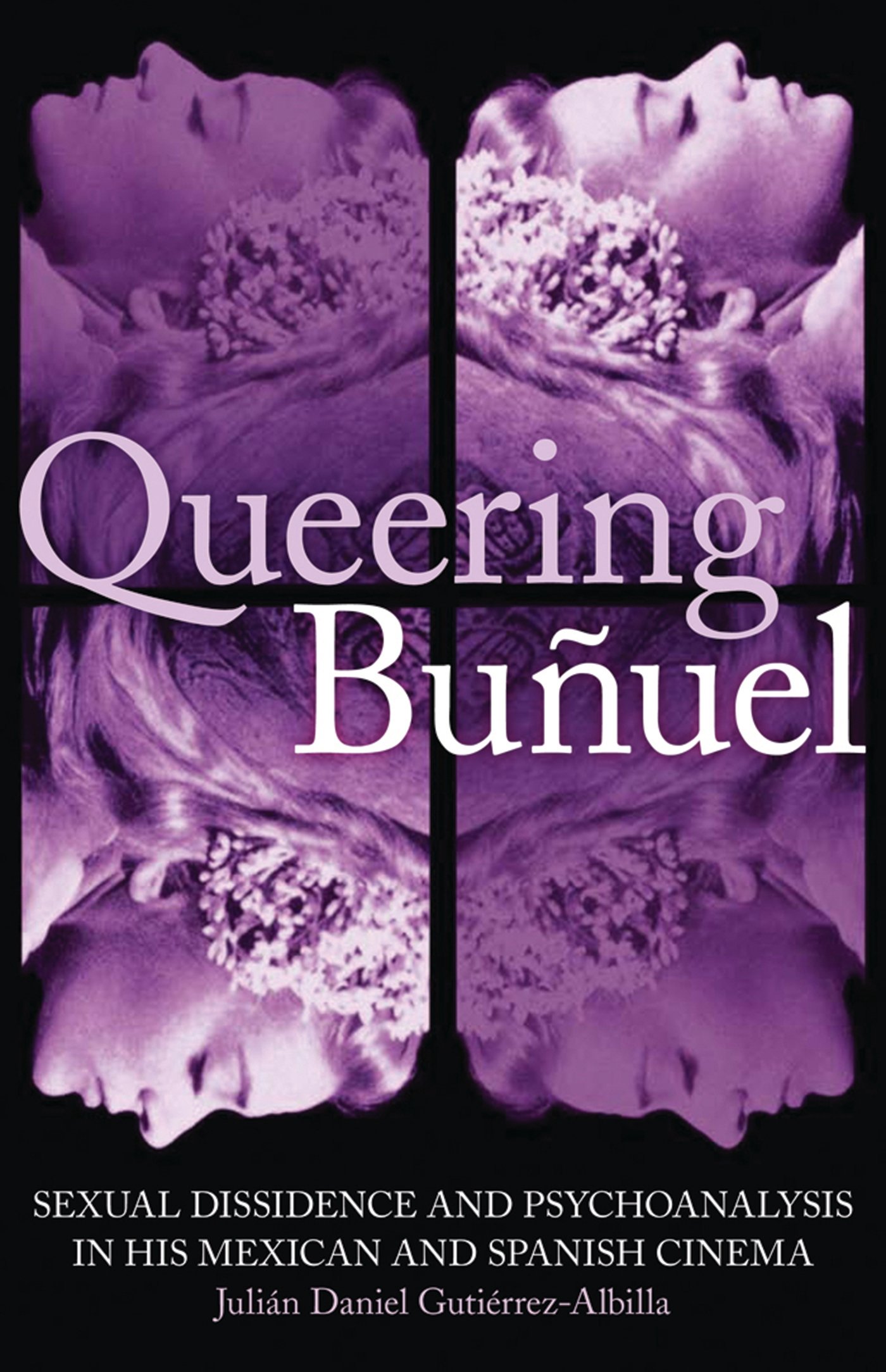Queering Buñuel
As the father of cinematic Surrealism, extensive critical attention has been devoted to Luis Buñuel's cinema. Much has been written about his first Surrealist films of the 1920s and 1930s and the French art movies of the 1960s and 1970s, and analysi...
Read more
As the father of cinematic Surrealism, extensive critical attention has been devoted to Luis Buñuel's cinema. Much has been written about his first Surrealist films of the 1920s and 1930s and the French art movies of the 1960s and 1970s, and analysis of his films has tended to be through the lens of male heterosexuality. However, here for the first time is a queer re-reading of Buñuel's Spanish-language films allowing us to view Buñuel's cinema through a lens of queer spectatorship. Focusing on the films Buñuel produced in Mexico and Spain during the 1950s and 1960s, Julián Daniel Gutiérrez-Albilla argues not that Buñuel's films have a homosexual subplot, but that there are multiple forms of identity, subjectivity and sexuality present in these five representative films. The approach may at first glance seem unusual, given Buñuel's more habitual association with reactionary attitudes, but Gutiérrez-Albilla successfully and convincingly demonstrates that for all his prejudices Buñuel complicates questions of desire and subjectivity in surprising ways.Gutiérrez-Albilla covers Los olvidados (1950), Viridiana (1961), El ángel exterminador (1962), Ensayo de un crimen (1955), and Él (1952), providing the opportunity for detailed analysis. Through these films Gutiérrez-Albilla challenges traditional analysis and proposes that we can re-read Buñuel's Spanish-language films as invalidating the prevalent model of gender, sexual identity and subjectivity within patriarchal and heterosexist ideology. Instead Gutiérrez-Albilla offers the reader a new methodological and theoretical framework to re-read Buñuel's films: he draws on psychoanalysis and contemporary queer and feminist theory, comparing them with Surrealist-informed visual arts. 'Queering Buñuel ' brings together the fields of film studies, feminist and queer theory, Hispanic studies, psychoanalysis and art theory. Gutiérrez-Albilla succeeds in reconceptualizing Buñuel's Mexican and Spanish films beyond geographical, historical and disciplinary boundaries, questioning not just how we see Buñuel, but also how we see cinema.
Less



